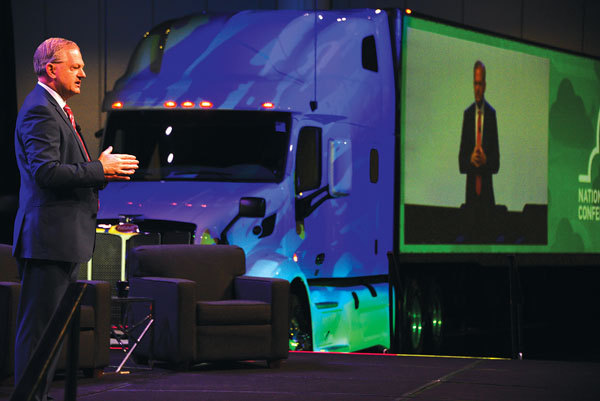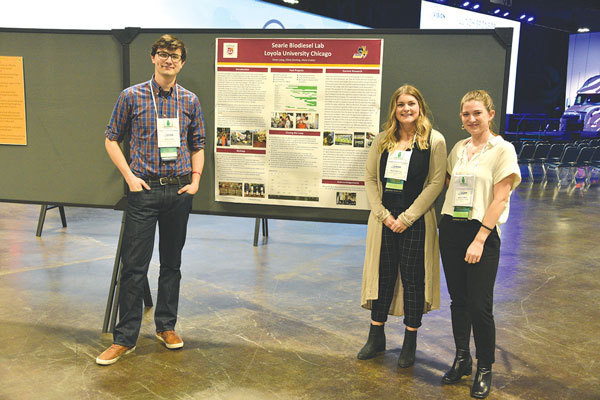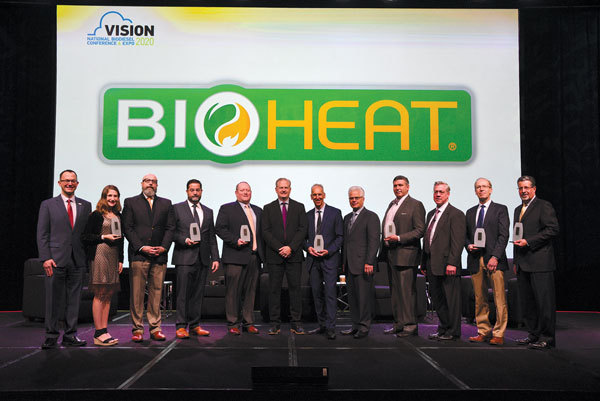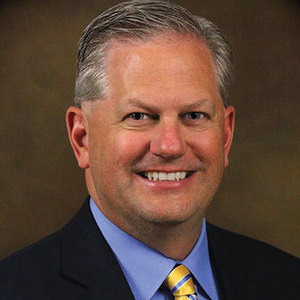Our Vision for 2020 and Beyond






April 3, 2020
BY Donnell Rehagen
Thank you. Thank you to the biodiesel leaders, champions, advocates and many others who helped our industry find success in 2019. It was a tough year, but we finished very strong. The U.S. biodiesel industry can proudly look back on a year in which we made significant progress toward a more predictable industry.
In January, we had the opportunity to celebrate this success at our annual National Biodiesel Conference & Expo in Tampa, Florida. Our annual conference hosted more than 700 biodiesel producers, distributors, retailers and other industry advocates from across the nation to set their sights on a future for biodiesel that is better, cleaner, and here now! During the conference, the National Biodiesel Board celebrated the many achievements of 2019 and shared our new ambitious vision for the industry, which states:
Advertisement
Biodiesel, renewable diesel, and renewable jet fuel will be recognized as mainstream low-carbon fuel options with superior performance and emission characteristics. In on road, off road, air transportation, electricity generation, and home heating applications, use will exceed 6 billion gallons by 2030, eliminating over 35 million metric tons of CO2 equivalent greenhouse gas emissions annually. With advancements in feedstock, use will reach 15 billion gallons by 2050.
Ambitious industries need ambitious goals. And, in our case, our country needs us to be this ambitious. I don’t want to suggest this will be a cake walk. I am extremely bullish on the future of the biodiesel and renewable diesel industry. We will face challenges to reach these goals moving forward … we know that and accept the challenge.
Aside from sharing our bold vision, to keep eyes on biodiesel our association put together an enticing schedule with engaging, thought-provoking speakers to offer vital information on the latest in the industry.
Advertisement
Here were some of the key takeaways. The industry took pause to applaud the crowning achievement last year—reinstatement of the biodiesel tax credit, which provided much-needed retroactivity for 2018 and 2019 and a forward-looking credit through 2022. A new tag line—Biodiesel: Better. Cleaner. Now!—was showcased to accompany the long-used biodiesel logo that succinctly emphasizes the benefits of the fuel. New research revealed diesel powertrains are expected to remain a dominant force for years to come, and the use of biodiesel blends in diesel equipment continues to be a preferred choice for fleets looking to improve the sustainability of their operations. The Next Generation Scientists for Biodiesel program extended scholarships to 15 university-level science majors interested in learning about all aspects of the biodiesel industry to attend the conference. Reports from the National Renewable Energy Laboratory proved that biodiesel is of the highest quality. Also, now with our new partnership with NREL, biodiesel fuel quality information is more accessible than ever. NBB recognized five visionaries with the 2020 Eye on Biodiesel awards as ones to watch in the biodiesel industry.
Conference goers heard from Bioheat heavy hitters that the oilheat industry is a 7 billion-gallon industry with increasing demand to reduce carbon through this viable market. Lastly, the industry shared its plans to fight for a stronger, more reliable Renewable Fuel Standard. In 2020, you will see our organization aggressively claim our space in the RFS and advocate at all levels of the government for rightful recognition of biomass-based diesel in the RFS.
We may have a lot on our plate for 2020, but we are prepared to lead the challenge and work alongside our strong and determined industry to advocate for American biodiesel and renewable diesel. Join us in personally participating in these critical efforts and accept the challenge to move and grow America’s advanced biofuel.
Donnell Rehagen
CEO
National Biodiesel Board
Related Stories
Delta Air Lines on May 7 announced its strong support for new bipartisan, bicameral legislation that will accelerate the growth of sustainable aviation fuel (SAF) in Michigan. The bill aims to create a SAF tax credit of up to $2 per gallon.
The U.S. EPA on May 14 delivered two RFS rulemakings to the White House OMB, beginning the interagency review process. One rule focuses on RFS RVOs and the other focuses on a partial waiver of the 2024 cellulosic RVO.
U.S. EPA Administrator Lee Zeldin on May 15 told members of the House Appropriations Committee that the agency is working as quickly as it can to take action on the backlog of RFS small refinery exemption (SRE) petitions.
The U.S. EPA on May 15 published data that shows eight new small refinery exemption (SRE) petitions have been filed under the RFS in the past month. According to the agency, 169 SRE petitions are now pending.
The House Ways and Means Committee on May 14 advanced its portion of President Trump’s “big, beautiful” tax bill. The draft legislation amends and extends the 45Z clean fuel production credit but repeals several other clean energy tax credits..
Upcoming Events










